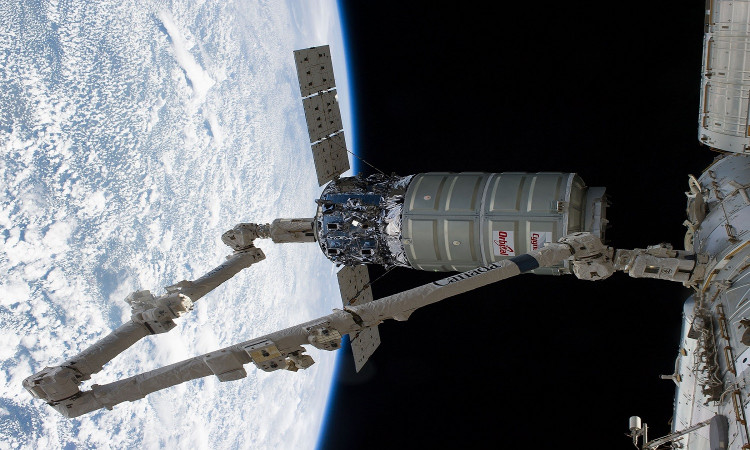A Russian official has warned that the International Space Station could suffer "irreparable" problems due to obsolete technology and hardware.
At least 80% of in-flight equipment on the Russian segment of the ISS had reached their end of life, according to Vladimir Solovyov, who also described how cosmonauts discovered new fissures in the ISS, which might worsen with time.
"Superficial fissures have been found in some places on the Zarya module," Solovyov said. "This means that literally a day after the systems are fully exhausted, irreparable failures may begin."
Russia has frequently expressed concerns about hardware and has suggested that it may depart the ISS after 2025.
The station was constructed in 1998 as part of a collaborative effort involving Russia, America, Canada, Japan, and numerous European countries, and was initially intended to last 15 years.
Solovyov earlier stated that much of the equipment on board the ISS was old and warned of an "avalanche" of faulty equipment by 2025. It has recently been involved in multiple incidents, and in July, Russian officials believed a software glitch was to blame for the ISS losing control.
The Russian research module Nauka's jet thrusters accidentally re-ignited a few hours after docking, pitching the entire orbiting station out of its regular flight position with seven crew members aboard.
An air leak caused a drop in pressure in the Zvezda service module, which provides living accommodations for crew members on the ISS according to Roscosmos.
Despite these failures, the country's space agency has announced a number of ambitious projects, including a mission to Venus, the development of a rocket capable of making many trips into space, and a mission to the Moon's surface in 2022.
NASA official Phil McAlister said in March that the ISS "could experience an unrecoverable anomaly at any time," and that a responsible handover to private and commercial companies would occur later this decade.
When the ISS reaches the end of its useful life and is forced to burn up in the atmosphere, scattering debris into the Pacific Ocean, humankind's longest presence in space may come to an end.
With companies like Boeing and SpaceX interested in utilizing the platform for their own goals, the question will be what happens next.




